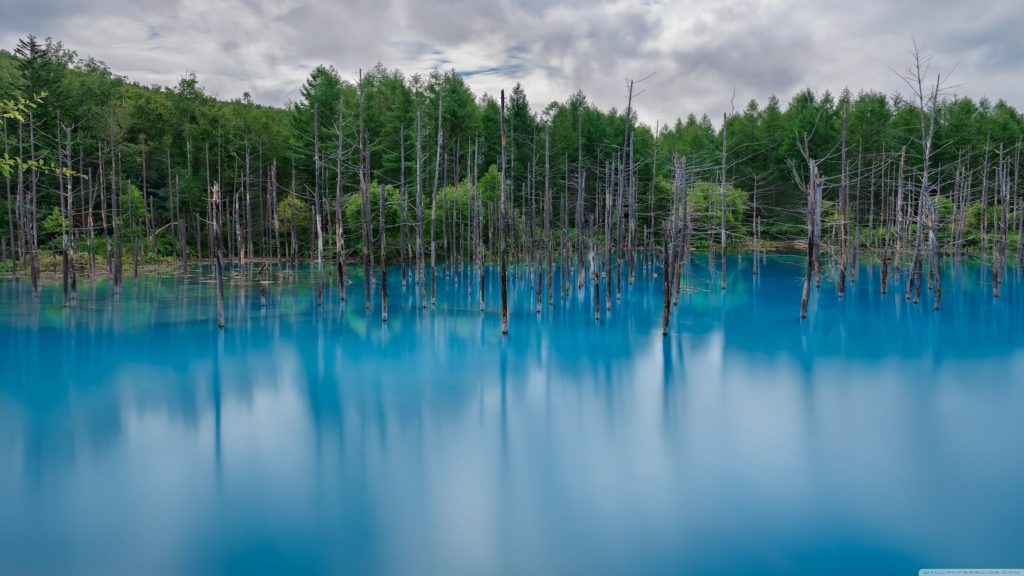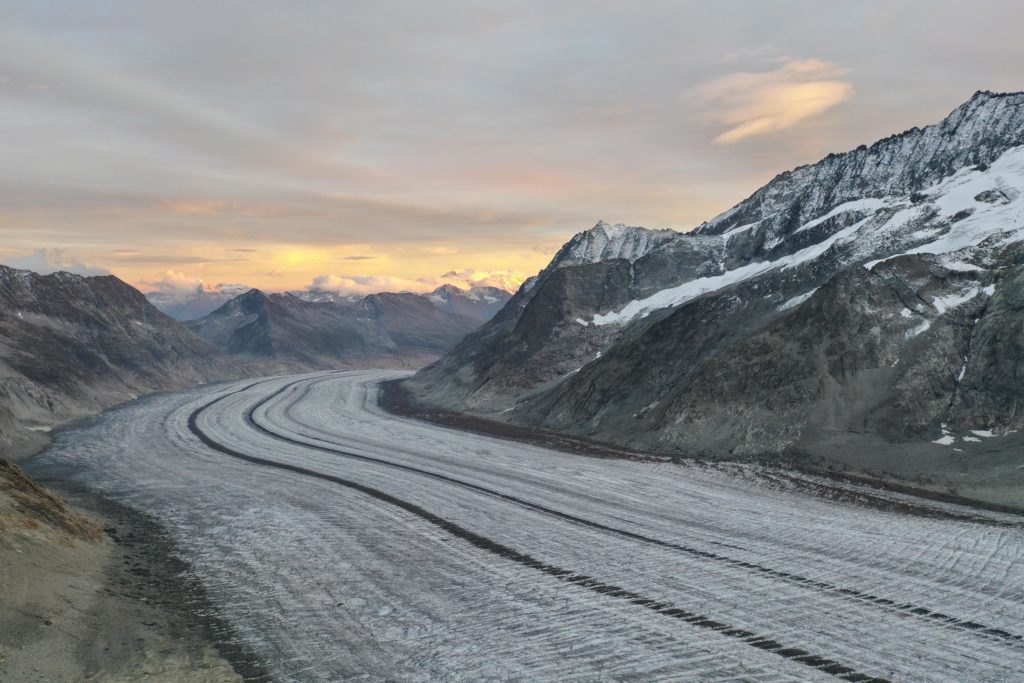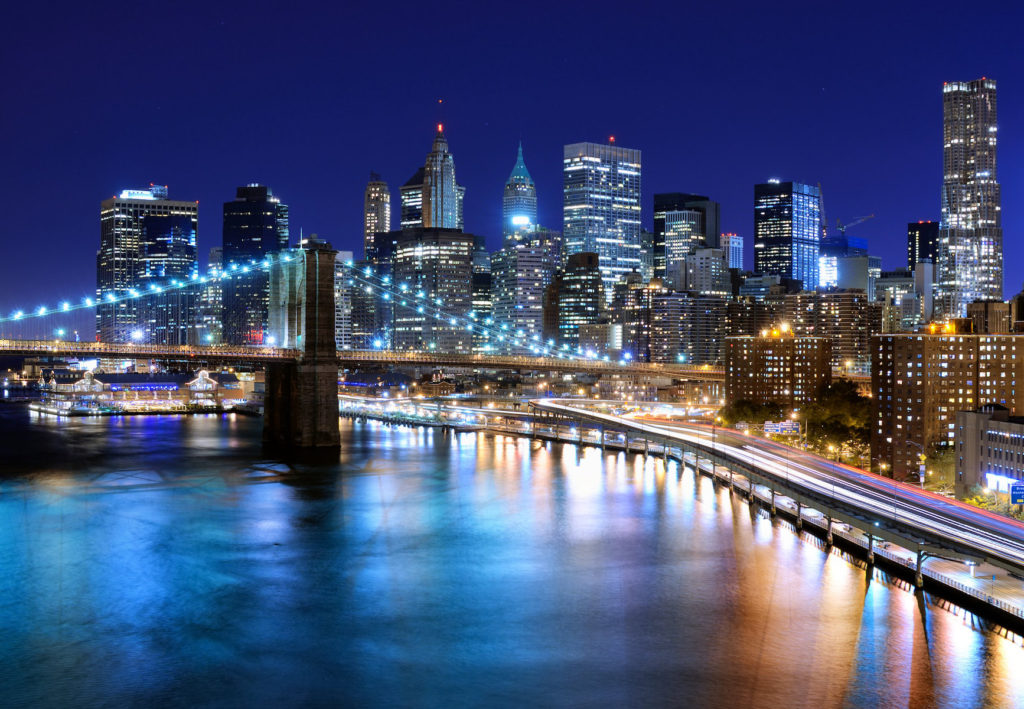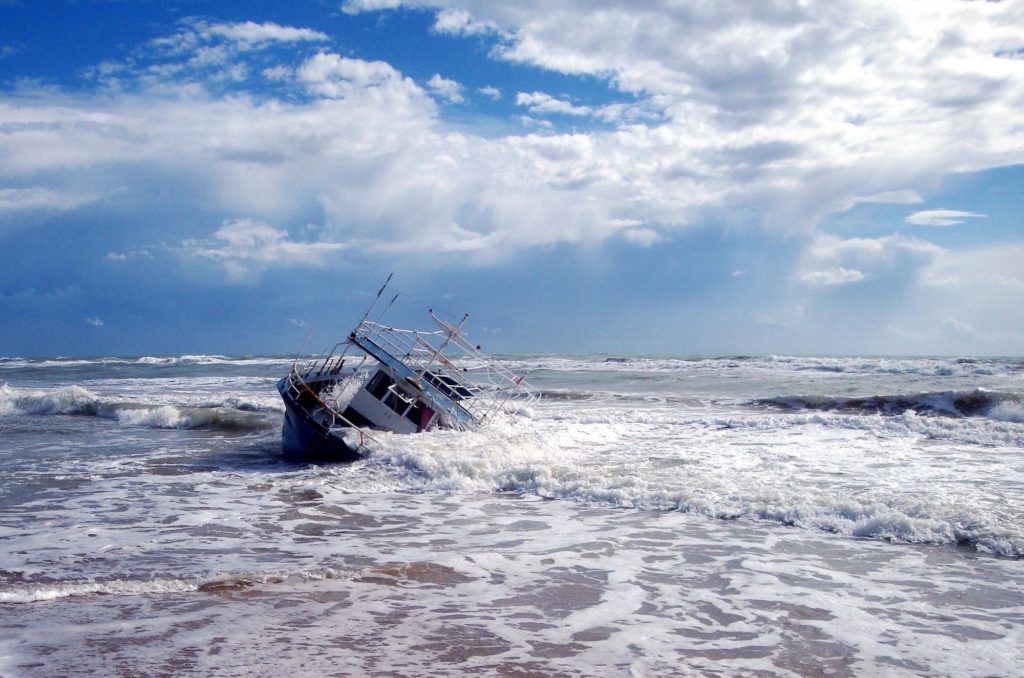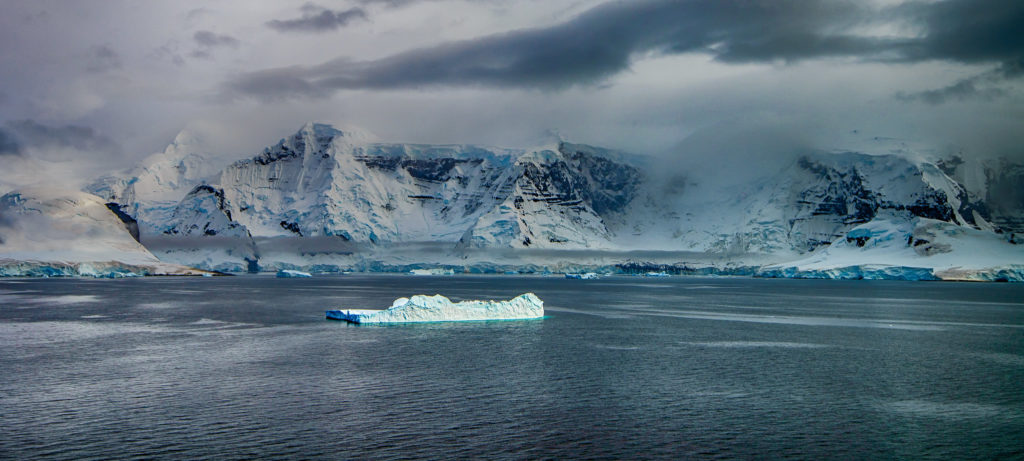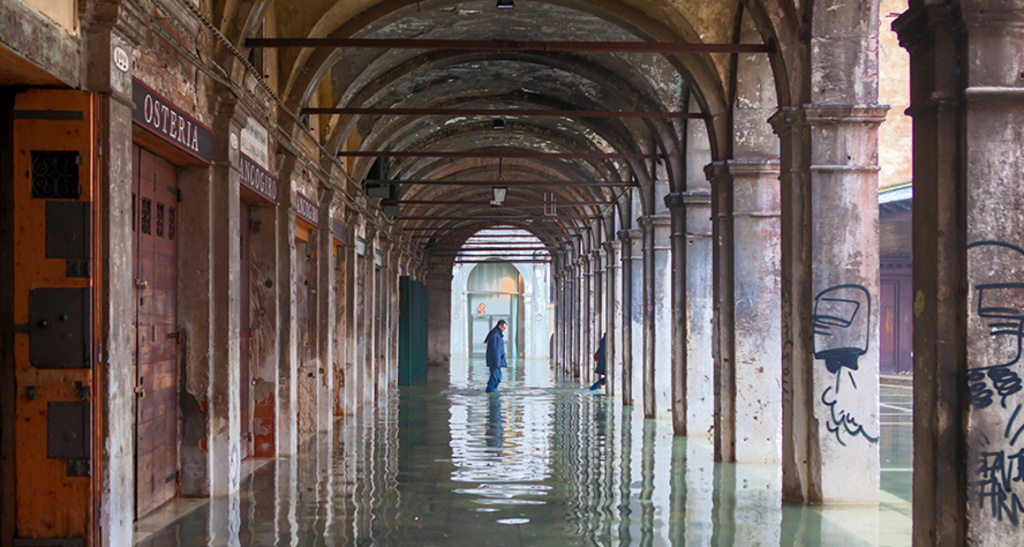
The Global Banking System is not Immune to Climate Change.
Climate change will have a growing influence on the stability of the banking system, potentially contributing to future financial crises. A new paper published in Nature highlights the detrimental effects of climate change on the banking system, adding to established literature on the effects of climate change on economic growth and productivity of labour. However, financial regulation authorities can act to reduce climate-related risks by implementing targeted measures.





